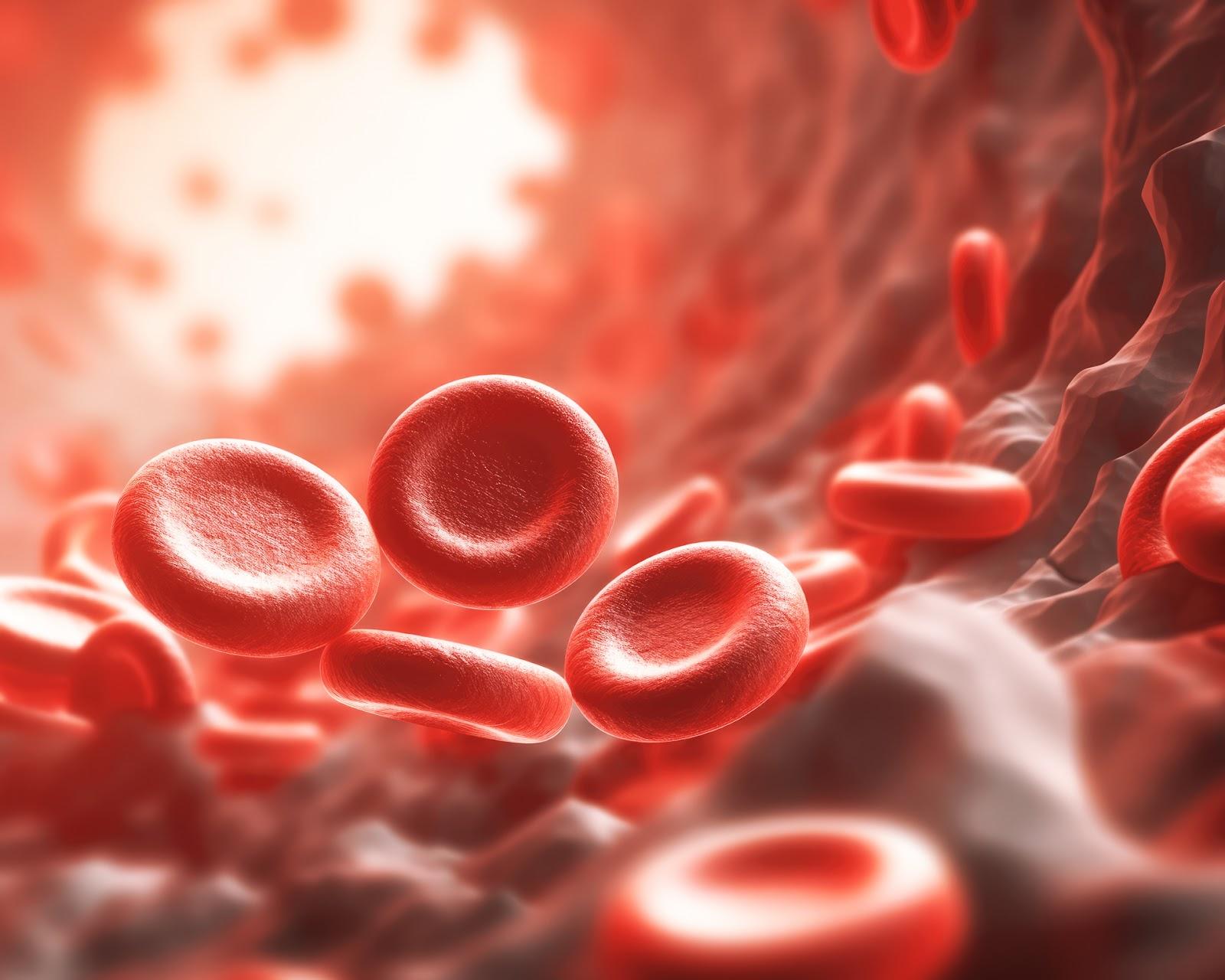Hormones play a crucial role in overall health, and one key hormone that often gets overlooked in discussions about public health is testosterone. As more men experience symptoms of testosterone deficiency, some experts warn that we may be facing a low testosterone epidemic.
With National Public Health Week (April 1-7) serving as a reminder of the importance of proactive healthcare, it’s a great time to delve into why low testosterone is becoming a growing concern, how it affects men’s well-being, and what can be done to address this often-misunderstood condition. In California, where health and wellness are top priorities, taking a closer look at testosterone deficiency and its impact is essential.
The Growing Problem of Low Testosterone
Testosterone plays a vital role in energy, muscle mass, mood, cognitive function, and sexual health. However, research indicates that testosterone levels have been declining in men over the past few decades. A large study found that average testosterone levels in men have dropped by about 1% per year since the 1980s.
Several factors may contribute to this decline, including:
-
Obesity and metabolic syndrome – Excess body fat, particularly around the abdomen, is linked to lower testosterone production.
-
Environmental toxins and endocrine disruptors – Chemicals found in plastics, pesticides, and processed foods can interfere with hormone production.
-
Chronic stress and poor sleep – High cortisol (the stress hormone) and sleep deprivation can reduce testosterone levels.
-
Sedentary lifestyles – Lack of physical activity negatively affects hormone balance.
-
Longevity Gap – Men already have a shorter life expectancy than women (73.2 years vs. 79.1 years), and declining testosterone levels may contribute to this disparity.
Despite these concerns, testosterone deficiency remains underdiagnosed and undertreated, leaving many men struggling with symptoms that significantly affect their daily lives.
Recognizing the Signs of Testosterone Deficiency
Low testosterone can manifest in various ways, often making it difficult for men to recognize the issue. Common signs of testosterone deficiency include:
-
Persistent fatigue and lack of motivation
-
Depression or increased anxiety
-
Decreased muscle mass and increased body fat
-
Reduced sex drive and erectile difficulties
-
Brain fog, difficulty concentrating, and memory issues
Since these symptoms overlap with other conditions, many men don’t realize that low testosterone may be the root cause. Regular hormone testing has become an increasingly important part of preventive healthcare.
Why Checking Hormone Levels Should Be a Public Health Priority
For years, hormone health has largely been ignored as a public health issue. Unlike conditions like diabetes or high blood pressure, testosterone deficiency isn’t routinely screened for, despite its significant impact on men’s physical and mental well-being.
Many men only check hormone levels after experiencing years of symptoms, but earlier testing could help identify hormone imbalances before they lead to serious health complications, such as:
-
Cardiovascular disease – Low testosterone is linked to a higher risk of heart disease.
-
Type 2 diabetes – Low testosterone and insulin resistance often go hand in hand.
-
Osteoporosis – Although typically associated with women, low testosterone can also lead to decreased bone density in men.
As these risks become more well-known, there is a growing push for routine testosterone testing in middle-aged and older men, similar to how cholesterol and blood pressure are monitored.
Understanding the Regulation of Testosterone
Despite its clear medical importance, access to testosterone treatment remains a challenge for many men. One barrier is the strict regulation of testosterone as a controlled substance.
Testosterone is classified as a Schedule 3 controlled substance in the U.S., which means it is recognized for having legitimate medical uses but is also considered to have the potential for abuse. As a result, prescriptions are highly regulated, making it harder for some men to obtain treatment. There are strict rules surrounding refills, dosages, and prescribing practices.
While some regulation is necessary, a more balanced approach could help men receive the care they need without unnecessary hurdles.
How to Address the Low Testosterone Epidemic
Given the decline in testosterone levels and challenges with access to treatment, low testosterone has clearly become a public health issue. But what can be done about it?
-
Increase Awareness During National Public Health Week
National Public Health Week offers an opportunity to educate men on the importance of testosterone and hormone health. Raising awareness can encourage earlier testing and proactive management of testosterone deficiency. -
Make Hormone Testing More Accessible
Doctors and healthcare systems should encourage men to check their hormone levels as part of routine health screenings, especially for those experiencing symptoms of low testosterone. -
Improve Education About Testosterone Therapy
There is still a great deal of confusion surrounding testosterone replacement therapy (TRT). Many men believe TRT is only for bodybuilders or that it carries extreme health risks. In reality, when prescribed appropriately, TRT can improve energy, mood, body composition, and overall health. -
Advocate for More Balanced Testosterone Regulations
Since testosterone is a controlled substance, it can be difficult to access. While some regulations are necessary, a more balanced approach could allow men to receive the care they need without unnecessary delays or barriers. -
Address Lifestyle Factors That Impact Testosterone
While TRT is an option for many men, lifestyle factors play a significant role in hormone health. Men can support natural testosterone production by:
-
Eating a diet rich in healthy fats, protein, and micronutrients
-
Engaging in strength training and regular exercise
-
Prioritizing sleep and stress management
-
Maintaining a healthy weight
When combined with testosterone therapy, these lifestyle changes can enhance hormone balance and overall health.
The Future of Public Health and Testosterone Awareness
As awareness of the low testosterone epidemic continues to grow, there is a pressing need for better education, easier access to testing, and improved treatment options. This National Public Health Week, take the time to learn about hormone health and the critical role testosterone plays in men’s well-being.
If you or someone you know is experiencing symptoms of low testosterone, consider discussing hormone testing and treatment options with a healthcare provider. It’s time to address this growing concern and take action to improve men’s health across the nation.



